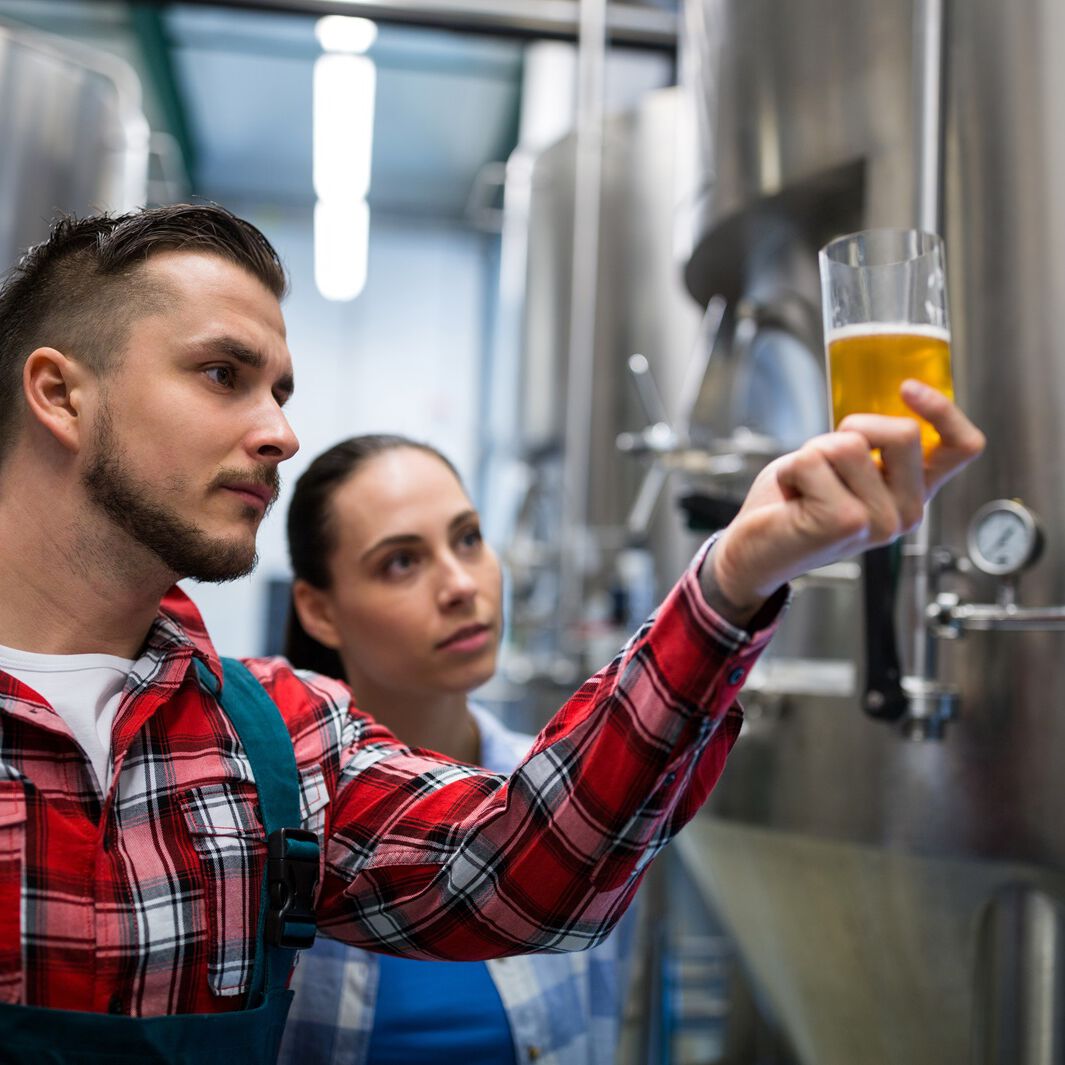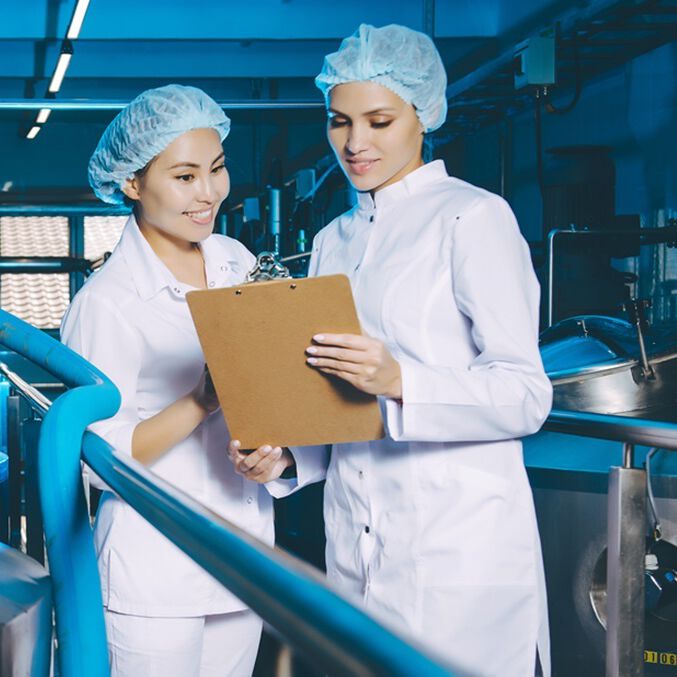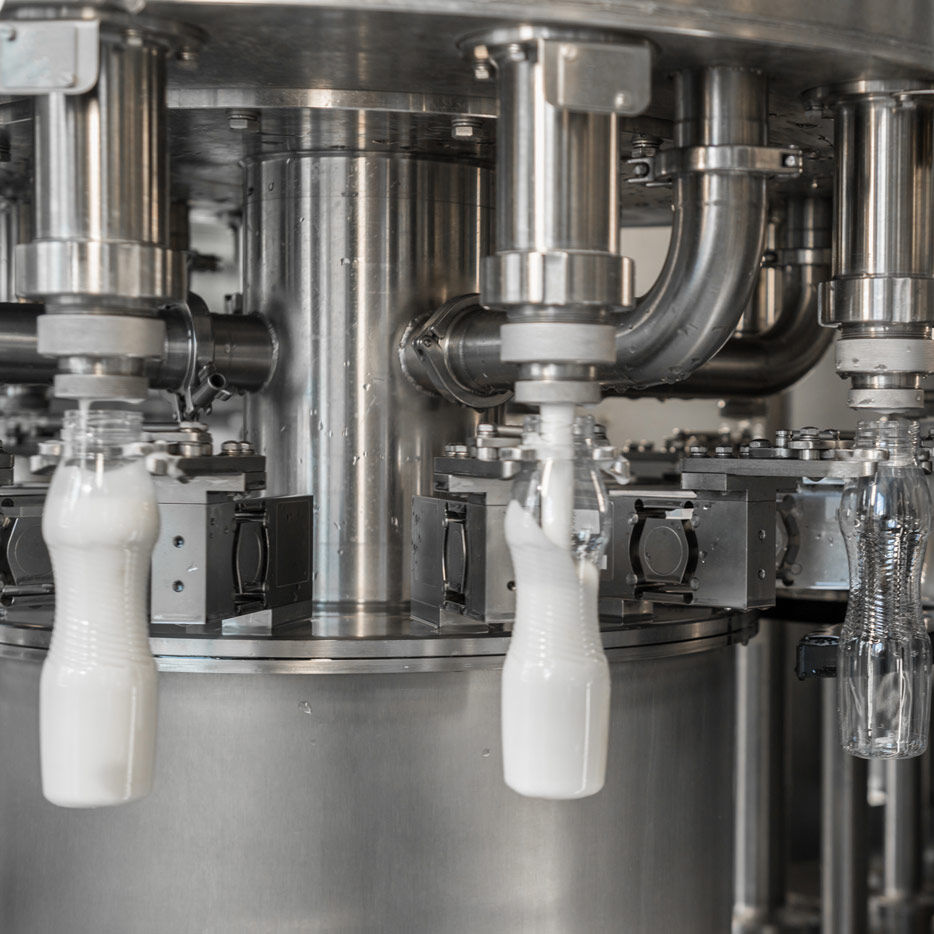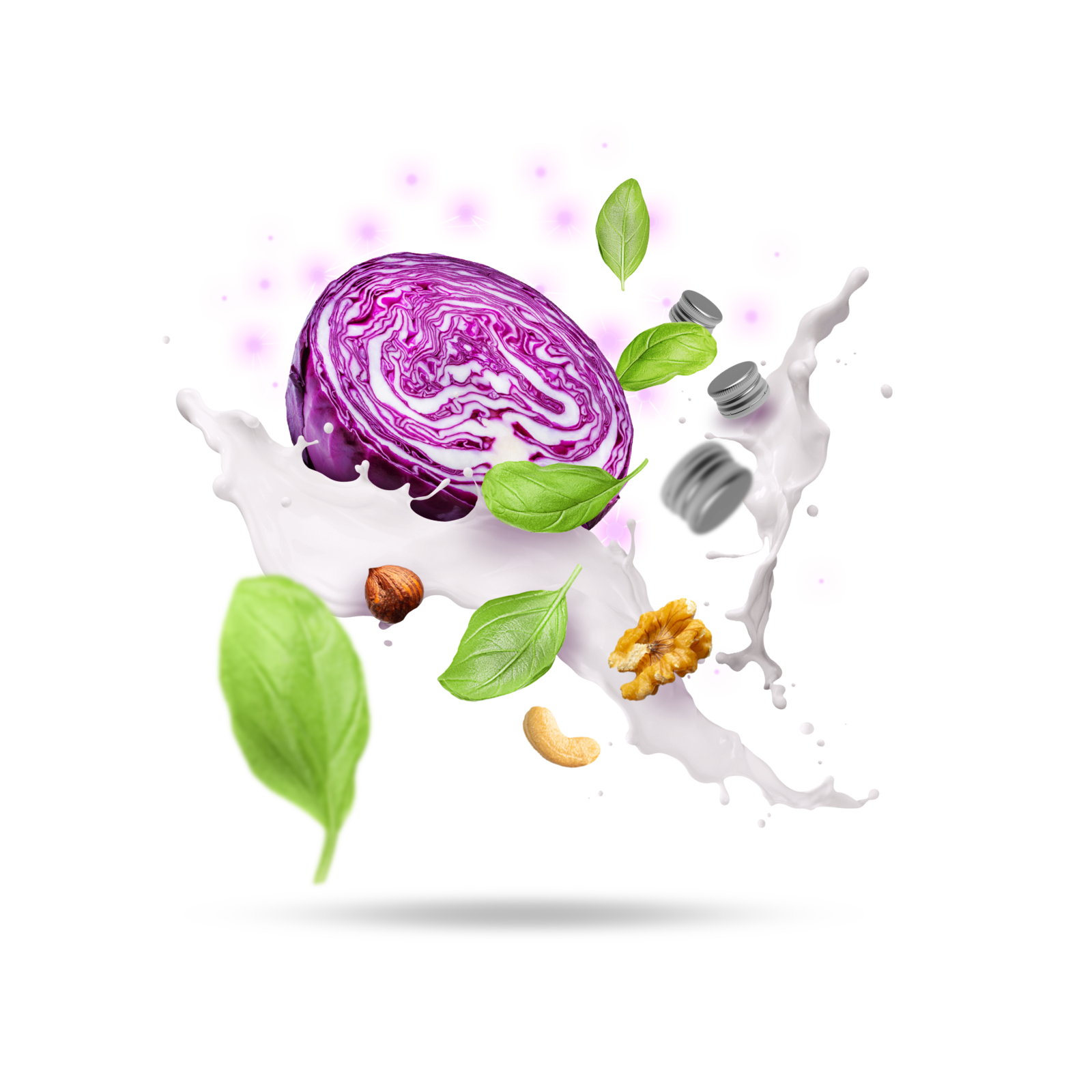Beverages
Hardly any other area of the food market is as directly affected by changing lifestyles and consumer habits as the beverage industry. Several parallel trends determine the general conditions of the market. For manufacturers of soft drinks, the increasing importance of the functional and, in particular, health-promoting properties of their products plays a central role. Supporting physical and mental health, increasing the ability to concentrate, or strengthening the immune system are not just innovative ingredients. By this way, herbs and plants known from traditional health teachings are being incorporated into recipes. They also pave the way for the personalization of beverages according to individual needs.
A key issue here is the reduction or complete elimination of sugar, whereby the loss of taste is to be prevented by also using natural ingredients, as well as the extensive elimination of preservatives and unnatural flavor enhancers. In addition to the functional perspective, the experience and convenience aspect is also becoming increasingly important. Experimenting with different beverage components and Ready-To-Drink (RTD) solutions is just as important as the discovery of exotic recipes and brands and - as a contrasting development - the rediscovery of old ingredients and traditional production processes.
Tapping into new market segments effectively
This is also reflected in the market for alcoholic beverages, where an increasing globalization of consumption can be observed, for example in the growing popularity of whisky, sake, and tequila far beyond their traditional sales markets. New opportunities are evolving here, although these are strongly influenced by the very different and volatile import duties, labeling requirements, and trade regulations. In addition, the trend towards market polarization is accelerating. The area of "super-premium" and "high-end premium" spirits is growing rapidly and is constantly reaching new market segments.
Securing long-term competitiveness in the beverage market
Finally, the issue of sustainability is also playing an increasingly important role in the beverage market. Increasing regulatory requirements, such as the sustainable design of packaging (tethered caps) and fair treatment of partners in the production chain, are placing new demands on manufacturers. The interaction of these trends opens up several fields of action in which the beverage industry must continue to develop strategically, technologically and procedurally in order to secure its long-term competitiveness.
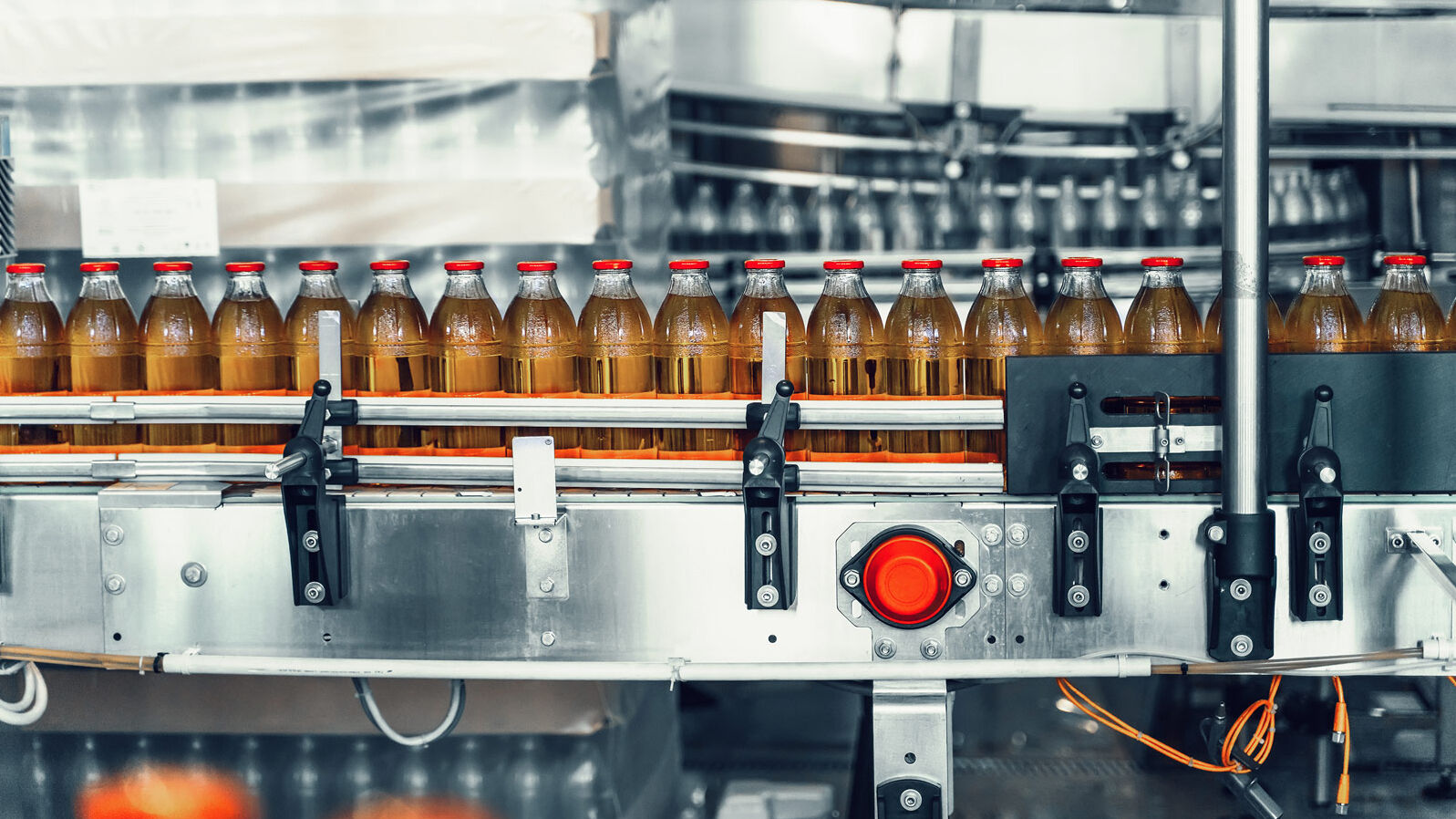
©DedMityay/adobe.stock




